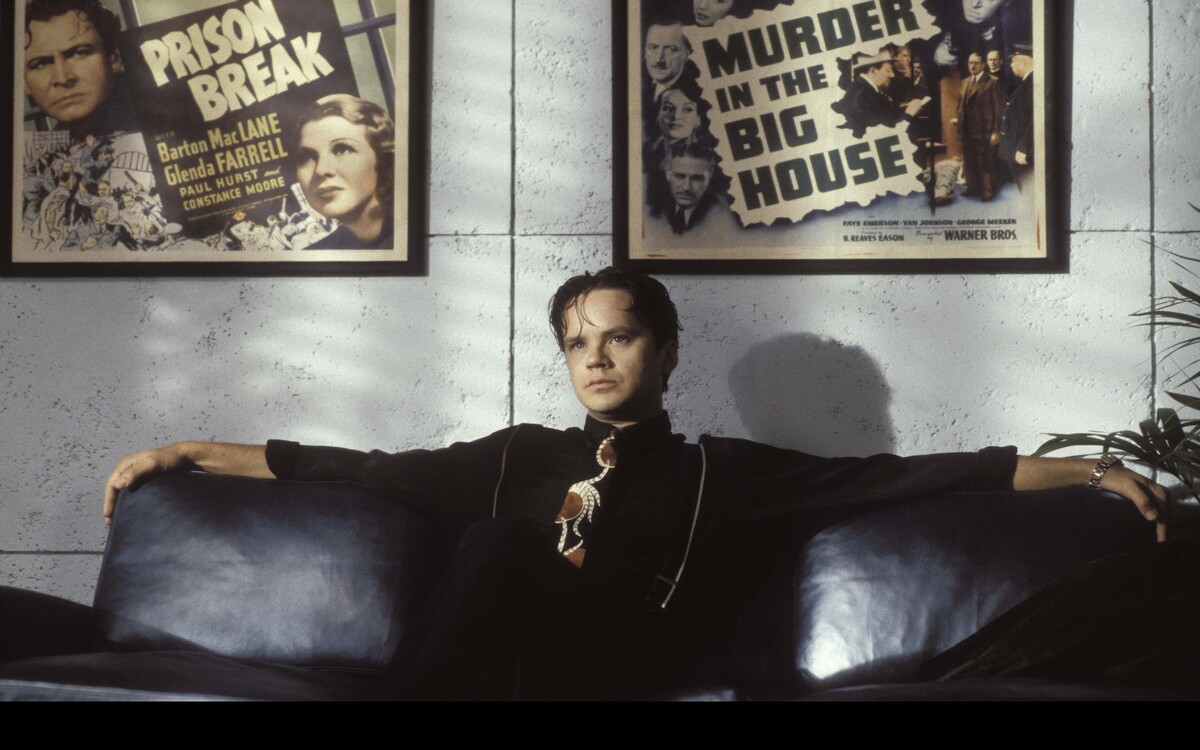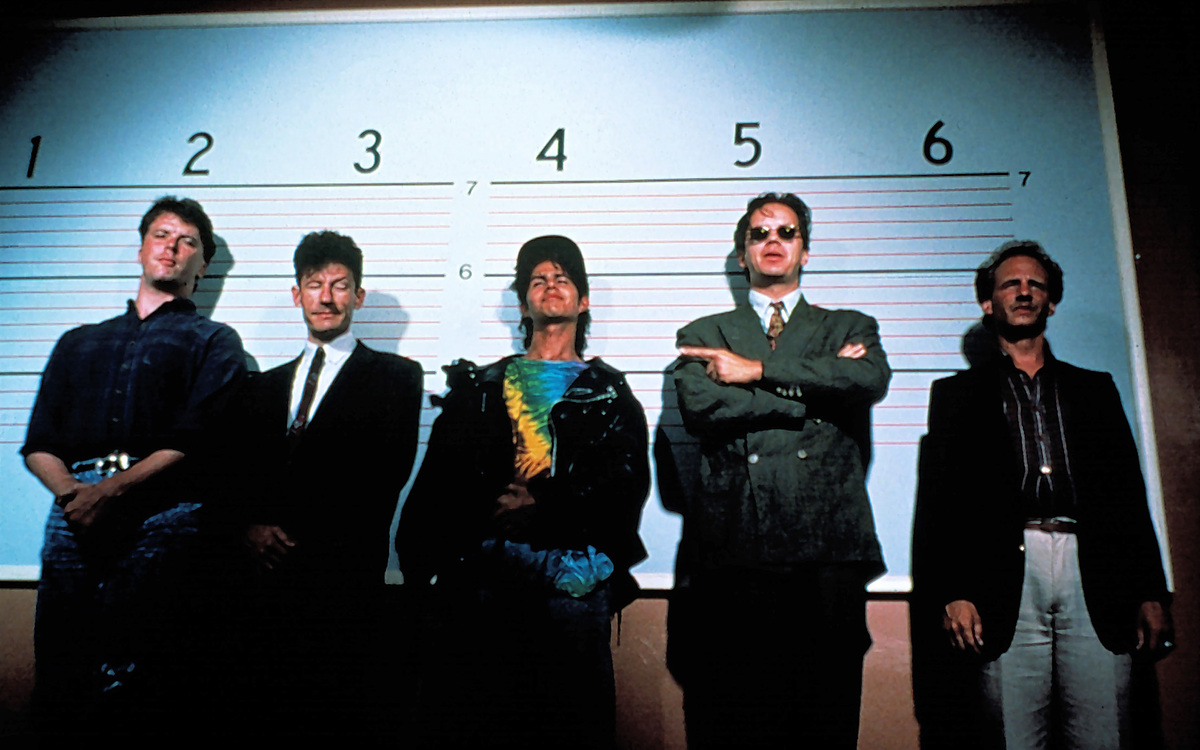In the aftermath of the SAG and WGA strikes, it’s no secret that Hollywood’s studio executives often prioritize financial gain over artistic integrity. While exceptions like “Oppenheimer” and “Barbie” prove that exceptional films can draw audiences, the prevailing cynicism in Hollywood’s corporate structure remains unchanged. Filmmakers have historically been cautious about exposing the inner workings of the studio system. However, director Robert Altman fearlessly tackled this issue in his 1992 tragicomedy masterpiece, “The Player,” offering a scathing satire of the industry.
Tim Robbins’ Cinematic Anti-Hero
In “The Player,” Tim Robbins delivers a compelling performance as Griffin Mill, a creatively stagnant studio executive. Griffin’s character stands as a cinematic anti-hero, akin to the likes of Tyler Durden from “Fight Club” or Travis Bickle from “Taxi Driver.” While Griffin believes he acts for the right reasons, his actions ultimately cross into villainous territory.
The Day-to-Day Struggles of a Studio Executive
see more : ‘Harry Potter’s Malfoy Family Tree Explained
The film provides a glimpse into Griffin’s daily responsibilities as a studio executive, including the daunting task of reviewing countless writing submissions. Griffin’s growing impatience with writers and his disdain for imaginative pitches reveal his contempt for those who possess creativity, despite his own role as a gatekeeper to the industry. This ironic aspect of Griffin’s character paints him as a complex figure.
Griffin’s Self-Image as a Writer
Griffin fancies himself as a writer, yet he dismisses ideas he cannot personally claim. His passion for filmmaking has eroded over time, leaving him disconnected from the creative process. Griffin’s delusion that he can reform the industry sets the stage for his descent into darkness.
Crossing the Line into Villainy
see more : 15 Unforgettable ‘Star Wars’ Quotes That Define the Saga
Griffin’s slide into villainy becomes evident when he becomes obsessed with writer David Kahane (Vincent D’Onofrio), leading to a shocking act. Griffin’s inability to tolerate ideas beyond his control culminates in a tragic turn of events that further underscores his flawed character.
A Tragic Arc and Relatable Cynicism
Despite his crimes, Griffin’s arc remains a tragic one. His pursuit of artistic integrity leads him to theft, murder, and manipulation. Altman’s film delves into Griffin’s complex psyche, presenting a character who perceives himself as a victim of the industry’s harsh realities.
A Cinematic Exploration of Hollywood’s Dark Side
“The Player” stands as a remarkable exploration of Hollywood’s darker aspects, shedding light on the cutthroat nature of the industry. Altman’s film, with its unflinching portrayal of corporate impulses and artistic compromises, remains relevant even today, offering viewers a candid look behind the glitzy facade of the entertainment world.
Source: https://dominioncinemas.net
Category: MOVIE FEATURES











